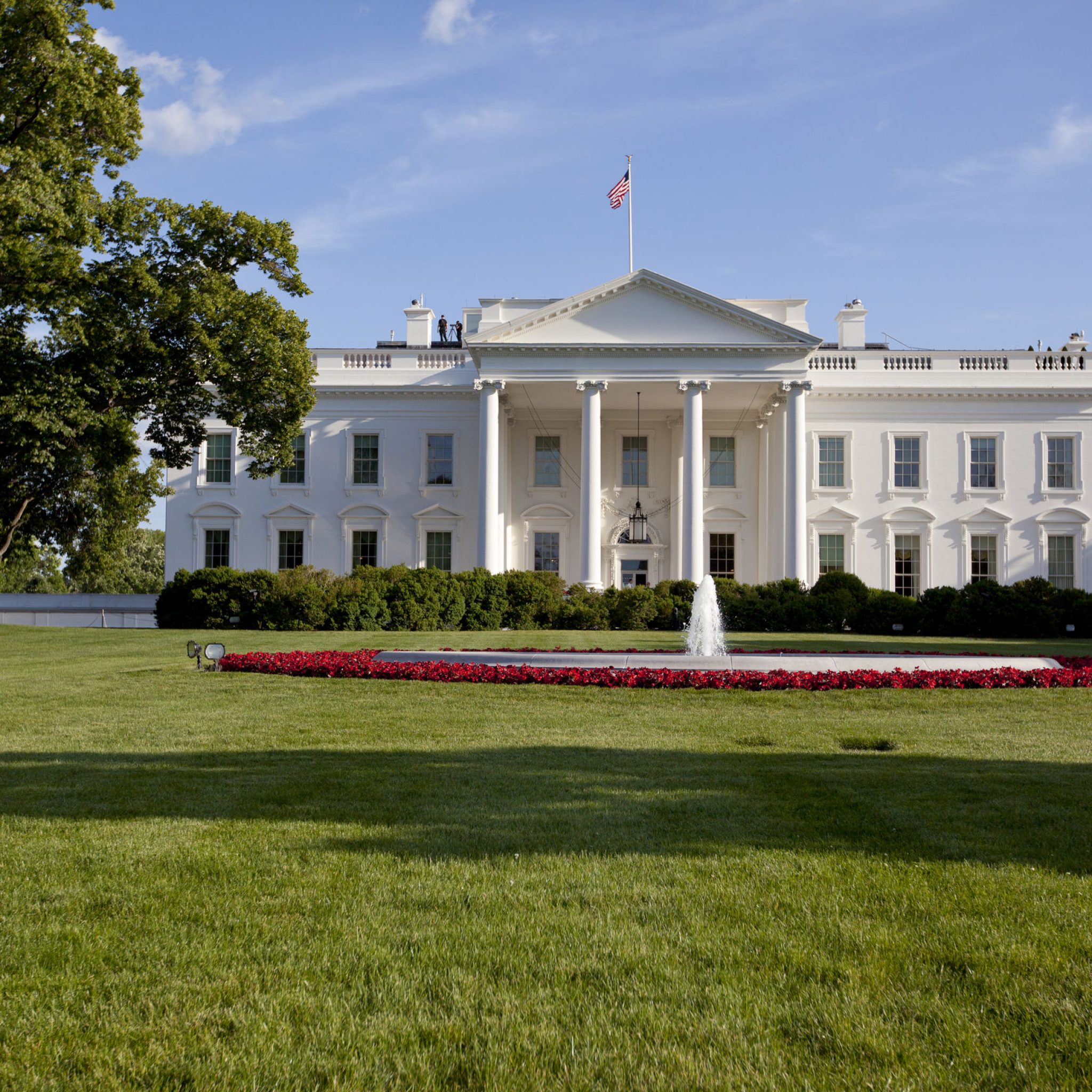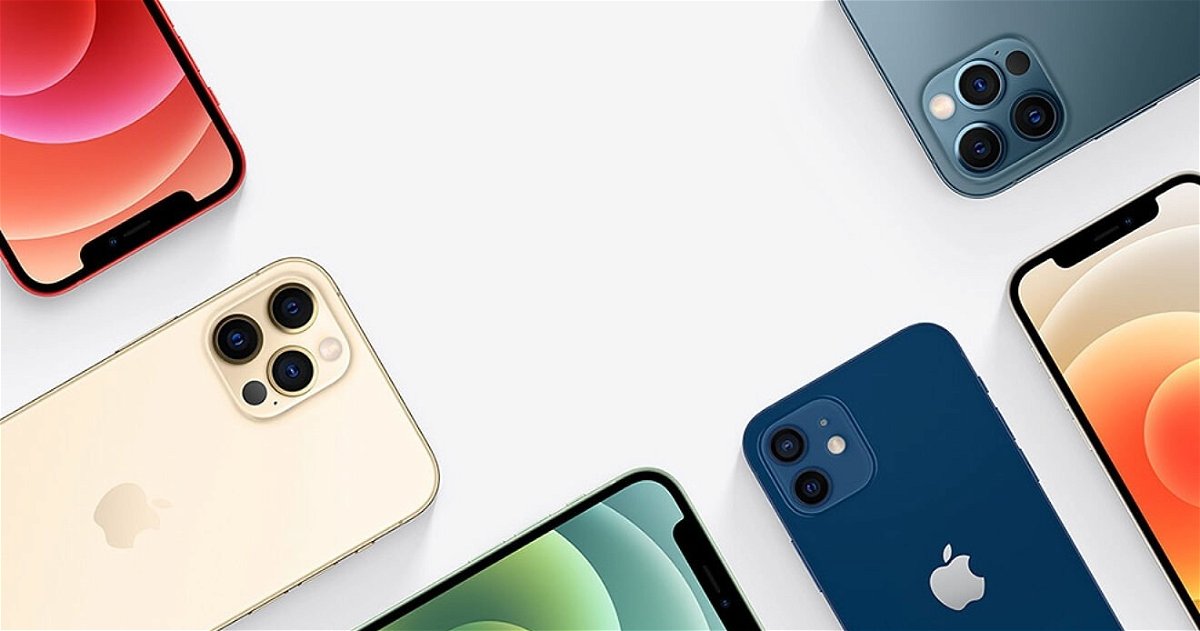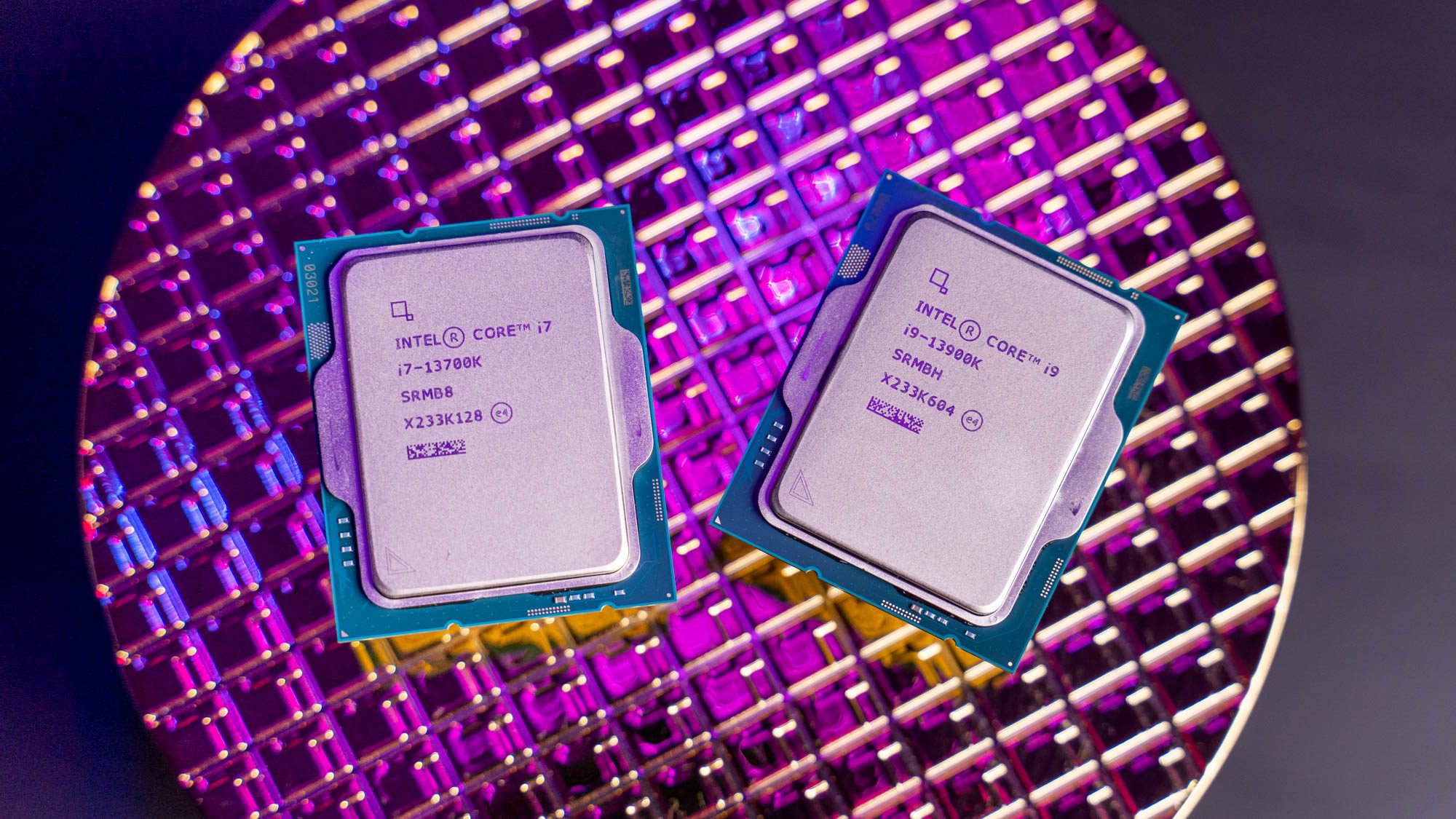Describing it as the “most compelling low cost plan” in the wireless market today, Boost Mobile is offering unlimited talk and text, plus 2 GB of high-speed data, for the price of $10 a month. For another $5, customers can get 4 GB per month.
It makes sense during the pandemic as more people are working from home and using Wi-Fi – and looking to save on expenses. According to Boost, 26% of 18- to 64-year-olds and 50% of people over 64 report using less than 5 GB of data per month.
It’s definitely a departure from Boost’s traditional base. Boost, which was founded in the U.S. about 19 years ago, was under Sprint’s ownership until the merger with T-Mobile. Boost is now under the ownership of Dish Network, which is operating the prepaid brand using T-Mobile’s network in an MVNO arrangement while Dish builds out a fourth nationwide facilities-based network.
When Boost first came on the scene, it was more oriented to youth and an urban demographic, but under Sprint, it didn’t go after certain demographics that would conflict with Sprint’s customer base. Now Boost is free to go after a broader market and will try to disrupt the market by playing a different game and going after other segments, according to Stephen Stokols, who heads Boost Mobile. Stokols founded FreedomPop, which was sold last year to Red Pocket, and joined Boost about a month ago.
And nobody else is going after this segment quite the way that Boost is – the new plan provides four times more data than the next best alternative, according to the company.
The big postpaid carriers are sensitive to cannibalization and they don’t have an appetite for launching aggressive plans like this; they’d rather provide customers with more data and charge more, Stokols said.
“Instead of a one plan for all, we’re going to start to offer plans that fit individual needs,” he said. “It’s a broader demo than what Boost has gone after historically.”
It’s only being offered for a limited time – until December 31, 2020. It’s also worth noting that any new customer who takes the plans will be on the T-Mobile network, which is a better network than what Sprint offered before the merger.
At a time when carriers like AT&T are closing company-owned retail stores and shifting more activity online, Boost is sold in about 7,000 stores and that is number is not decreasing, according to Stokols. “We expect to grow the stores,” he said.
RELATED: Dish’s new EVP of Boost looks forward to shaking up prepaid
When Stokols joined Dish/Boost, he indicated there would be more emphasis on the digital channel, but apparently that’s not to the detriment of physical retail stores. With Boost, consumers will be able to go online and schedule an in-store meeting, for example. “Online is not at the expense of offline,” he added. “We will be expanding both.”
The new offer is only the tip of the iceberg, Stokols said. Boost will be disruptive in offering more personalized price plans based on usage patterns, offering value-added services beyond voice, text and data – services that have not yet been publicly announced – and doubling down on digital distribution by using the online channel.
About the latest iPhone – all the big nationwide carriers came out with hefty promotions on the iPhone 12 last week. Boost offers iPhone 11, and it will offer iPhone 12, but it’s not saying when that will happen. “We will offer it,” he said. Update: Boost said it will start offering iPhone 12 on Friday.













